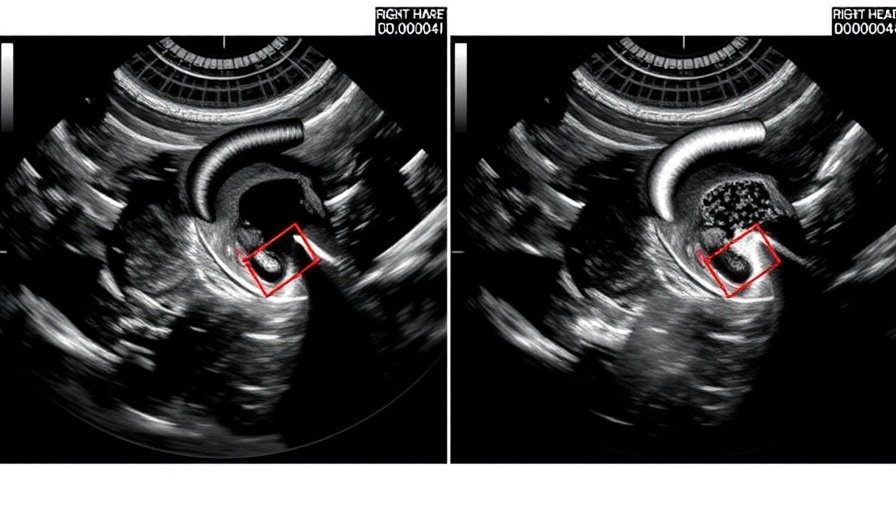
Understanding Inflammatory Disease in the Nervous System
Inflammatory diseases of the central nervous system (CNS) can often be overlooked, yet they play a critical role in the overall health of pets, particularly dogs and cats. As highlighted by Dr. Missy Carpentier in her insightful discussion, a comprehensive understanding of these diseases is crucial for veterinary practitioners. The most notable among these is meningoencephalomyelitis of unknown origin (MUO), which encompasses several idiopathic conditions that can present with diverse and sometimes ambiguous clinical signs.
The Spectrum of Inflammatory CNS Diseases
Dr. Carpentier expertly categorizes inflammatory CNS diseases, emphasizing the prevalence of non-infectious conditions. This includes not only MUO but other forms such as granulomatous meningoencephalitis and necrotizing leukoencephalitis. Understanding the unique characteristics of these diseases is essential, as some forms require specific diagnostic approaches, including advanced imaging techniques like MRI and cerebrospinal fluid (CSF) analysis. In practice, recognizing the need for thorough diagnostics over relying solely on neurologic exams and blood work can drastically impact treatment outcomes.
Signalment and Common Clinical Signs to Note
Vets should keep in mind that inflammatory CNS diseases primarily affect small, female dogs between 3-7 years of age. Breeds such as Pugs and Yorkshire Terriers are notably at higher risk. Symptoms can vary widely from lethargy and behavioral changes to severe manifestations like seizures and paresis. Dr. Carpentier cautions that febrile reactions, although rare, may indicate the presence of steroid-responsive meningitis arteritis (SRMA), which can occur predominantly in young, large breed dogs.
Advanced Diagnostic Techniques and Strategies
Precision in diagnostics is vital. As Dr. Carpentier suggests, successful differentiation between inflammatory and infectious causes of CNS disease will guide the appropriate treatment interventions. The use of advanced diagnostics is not merely a luxury but a necessity for such cases, making familiarity with protocols and trends in diagnostic procedures imperative for veterinary professionals. Moreover, applying proper interpretative skills to imaging and CSF data can lead to more informed decisions regarding treatment strategies.
Integrating Insights for Effective Treatment Planning
Veterinary practitioners can benefit from integrating knowledge about the various subtypes of inflammatory CNS diseases. Each subtype presents uniquely and may have specific treatment protocols. For example, non-infectious cases often require immunosuppressive therapy, while infectious cases may necessitate antimicrobial treatments. By understanding the clinical nuances, clinic owners and managers can refine their operational strategies to improve patient outcomes and client satisfaction.
The Future: Trends in Inflammatory CNS Disease Management
Looking ahead, there are promising trends towards enhancing diagnostic accuracy and treatment efficacy in inflammatory CNS diseases. With advances in veterinary neurology, clinics that invest in continuing education—such as those offered by VETgirl—position themselves at the forefront of innovative care. This not only enhances value provided to clients but also fosters loyalty among pet owners who seek informed and proactive veterinary services.
Conclusion: Empowering Veterinary Practices with Knowledge
Veterinary clinic owners, managers, and practitioners should prioritize continual learning about inflammatory diseases of the nervous system. By adopting the insights and strategies discussed, they can transform their practice operations, ultimately leading to better diagnostic practices and patient outcomes. Interested in expanding your veterinary knowledge? Engaging with resources like VETgirl can enhance your proficiency and boost your clinic's reputation significantly.
 Add Row
Add Row  Add
Add 




Write A Comment